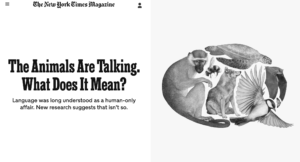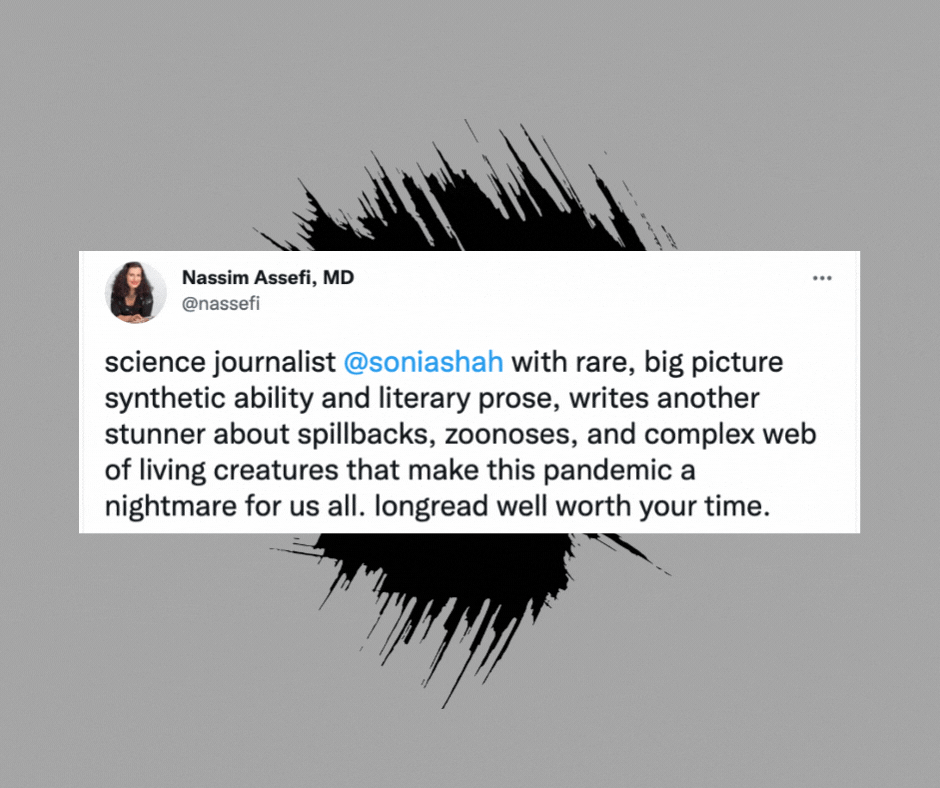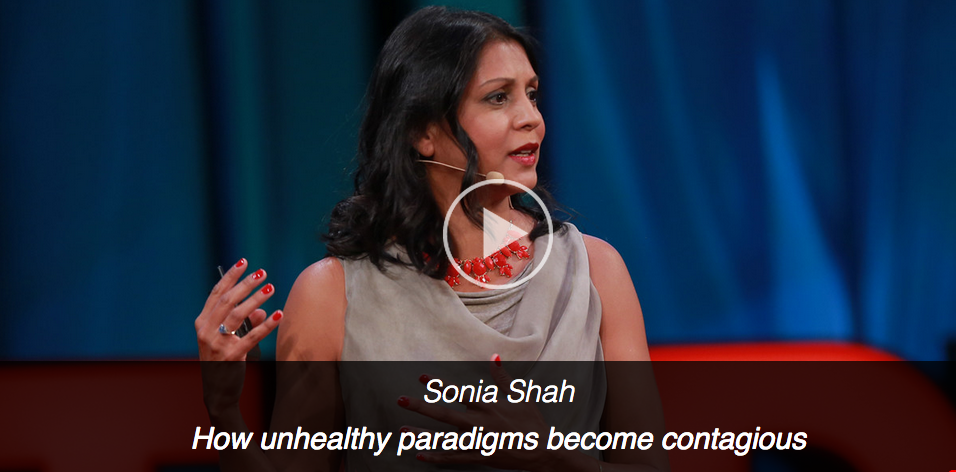Well, kind of. The OHRP shot out an email responding to Gawande this week. They say that the “program” was actually a research study,the results of which were published in the NEJM. That is, the peoplewho impemented the intervention didn’t actually know whether it wouldwork or not. Maybe the patient would start seizing on the table whileall the staff were huddled over the checklist, ticking boxes. Whoknows? With that kind of uncertainty, surely patients had a right to beinformed and consenting. And yet, the researchers had gotten no ethicscommittee review (IRB) or their subject’s informed consent.
But that wasn’t quite it, either. The “study” had no control group,because nobody wanted to NOT use the checklists. In other words, theerstwhile researchers felt they knew that it WOULD work. In which case,they were simply trying to improve patient care with a provenintervention and no IRB or informed consent was required.
So was it really a “study” or was it actually a “program”? Did they know it would work or didn’t they? How confused were they?
Well, in the actual doing of the thing, the clinicians conductedthemselves as if it were a program of improved care, but then when theywrote up their results in the NEJM, they cast their work as anexperimental ‘study.’
That’s not right, either: you can’t have it both ways. Someonecomplained to the OHRP, which opened some kind of investigation, whichthen led to Gawande’s complaint, and a flood of angry letters to theOHRP. Phew!
All of which is to say: there’s a shifting line between what we say weknow and what we say we need more research on. When there’s somethingwe want to do, when there’s political will and money to do it, wedispense with “research” quickly and move on to implementation. Inother areas–say, the administration of expensive drugs to poorpeople–there are endless calls for studies and experiments to provethe same thing over and over again, putting subjects at some risk everytime, because intransigent authorities (drug companies, healthministries) find it politically more expedient to say “we need moreresearch” instead of “sorry, no” (or “absolutely not, who cares aboutpoor people who don’t buy lots of stuff.”)
Fyi, these were the checklisted items, as reported in the NEJM, used inthe ICU on patients with catheters: hand washing, using full-barrierprecautions during the insertion of central venous catheters, cleaning the skin with chlorhexidine, avoiding the femoral site if possible, andremoving unnecessary catheters. The implementation of these procedurescoincided with a precipitous drop in the number of catheter-relatedinfections, but without the control group, no cause and effect can bedetermined, at least not by this study.













